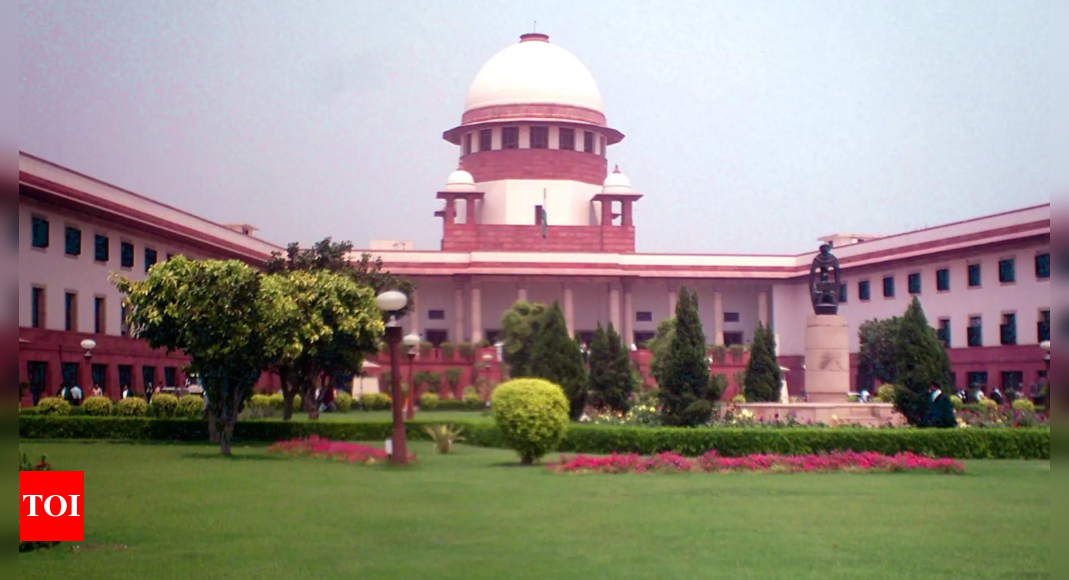Now Reading: Wave of Petitions Drives Waqf Bill Dispute to Supreme Court
-
01
Wave of Petitions Drives Waqf Bill Dispute to Supreme Court
Wave of Petitions Drives Waqf Bill Dispute to Supreme Court

Fast Summary
- The Waqf Amendment Bill, recently passed in Parliament and signed into law by president droupadi Murmu, has sparked legal challenges in the Supreme court.
- Petitioners, including AIMIM chief Asaduddin Owaisi, Congress MP Mohammad Jawed, AAP MLA Amanatullah Khan, and NGO Association for Protection of Civil Rights, argue that the bill violates basic constitutional rights under Articles 14 (equality), 15 (non-discrimination), 21 (life and liberty), 25 to 30 (religious freedom and minority rights) and Article 300A (right to property).
- Concerns raised include:
– Introduction of non-Muslim members into waqf boards.
– Transfer of adjudicatory powers from tribunals to district collectors.
– Limitation of tribunal authority over legal disputes related to waqf properties.- Allegations that these changes undermine Muslim autonomy over thier religious institutions while similar restrictions do not apply to non-Muslim bodies.
- Petitioners claim this amendment discriminates against the Muslim community by disregarding evidence submitted in earlier reports like the Sachar Committee Report on their socio-economic marginalization.
Indian Opinion Analysis
The contentious amendments introduced through the Waqf Amendment Bill have ignited a critical debate on balancing legislative oversight with religious autonomy. While proponents may argue that reform promotes inclusivity or administrative efficiency for managing waqf properties under a unified framework, detractors fear it could disproportionately restrict minority rights within India’s secular framework.
The petitions underscore important implications: first, whether introducing non-religious portrayal into religious governance aligns with constitutional safeguards; second, whether delegating tribunal powers risks undermining fairness or damages public trust. The impact will ripple beyond legal boundaries-affecting perceptions about equality before the law and state neutrality toward religious communities. Ensuring a robust judicial review will be key in addressing both community concerns and broader questions about institutional integrity.



























